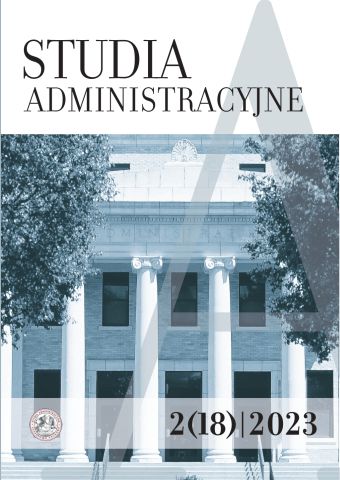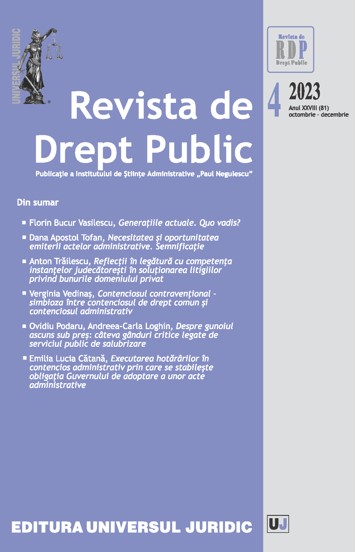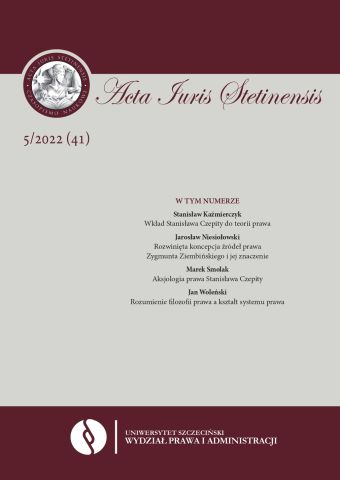Author(s): Anna Ceglarska / Language(s): Polish
Issue: 41 (5)/2022
In his work “Law’s Empire”, Ronald Dworkin made the famous comparison that the judge should be like the mythical Hercules. In the modern interpretation, we most often follow the path mapped out by Rawls and Habermas, understanding the judge-Hercules as someone undertaking a heroic effort to discover the only right and true solution to the case. These considerations, however, very often overlook an extremely important aspect. Namely, the attempt to understand and interpret the figure of Hercules, and more broadly – heroes. This article aims at reinterpreting the character of the hero – and thus the judge – by returning to the ancient pattern. By returning to the roots and the ancient way of understanding the hero, it is also possible to better understand contemporary disputes, especially those related to judicial activism and differences in its assessment, as well as to develop a new model of a judge who is neither a hero nor the “mouth of the law”. Within the text, both, the ancient concept of the hero and the figure of Hercules, as the embodiment of a certain archetypal pattern, are analysed. On this basis, the possessed and desired competences of both the hero and the lawyer are also examined. This leads to a different interpretation of the judge-hero. The hero, like the judge, is not to remain outside or above the community but within it. In the relational nature of a judgment, directly related to the concept of prudence and practical thinking, the judge issues a judgment but this judgment is a subject to evaluate, just as the actions of a hero are evaluated by the community which, at the same time, prove his extraordinary role in the process of development, including making and interpreting the law. Thus, the modern judge-Hercules should not be a super-lawyer, an unattainable ideal who loses contact with the rest of society but a hero in the very Greek sense of the word. That means, a real model, having completely human experiences, knowledge and the ability to draw conclusions, teaching his fellow citizens to think and make decisions, while taking into account the needs of the community.
More...



